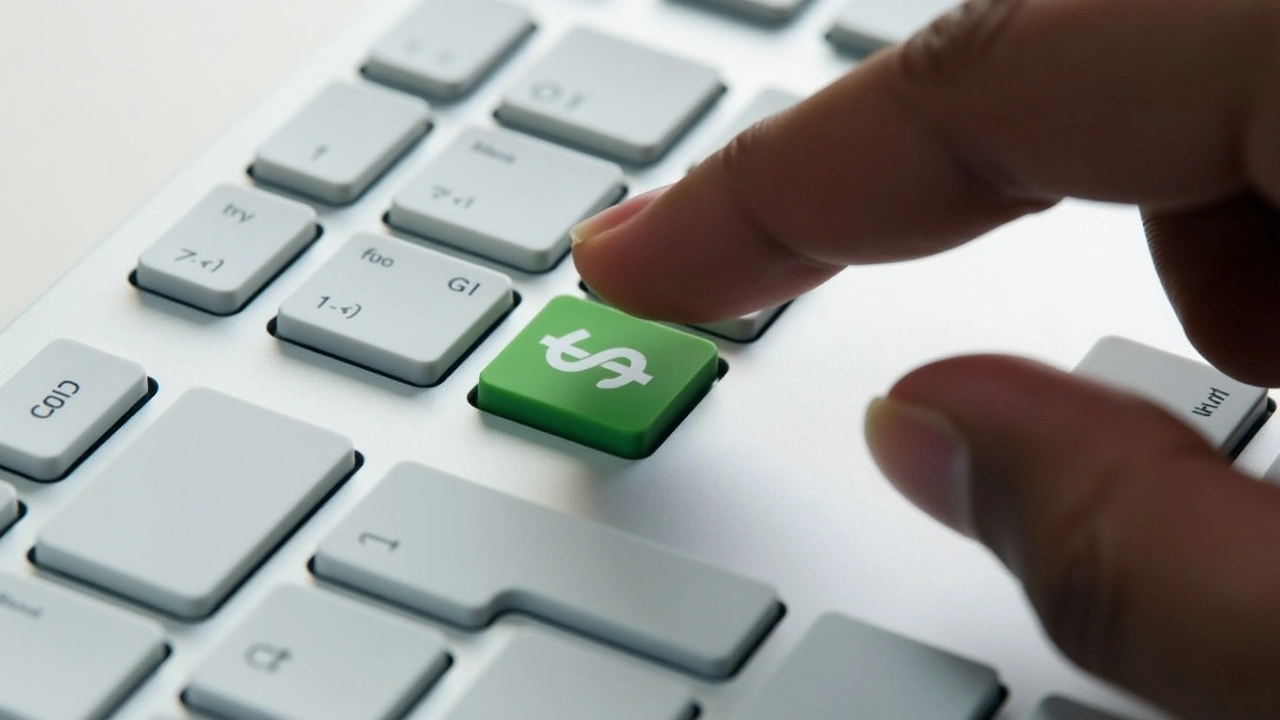Fintech for Online Pharmacies — How to Pay Safely and Avoid Scams
Fintech touches almost every step when you buy meds online: finding a seller, paying, and tracking delivery. If you shop for prescriptions or supplements, knowing how fintech works will save you money and headaches. Here are clear, practical tips so your payment is secure, your order is real, and your data stays private.
First, check how the site accepts money. Legit pharmacies offer multiple trusted options: card payments through PCI-compliant processors, bank transfers, and well-known digital wallets. If a site only accepts wire transfers, cash apps, or cryptocurrency with no reputable processor, that’s a red flag. You want traceable payments that let you dispute a charge if something goes wrong.
Quick checks before paying
Look for obvious trust signals: HTTPS in the address bar, a real business address, and clear contact options. Read recent customer reviews and see if third-party watchdogs or pharmacy regulators recognize the site. If the checkout asks for unusual personal info beyond name, address, and prescription details, stop and ask why. Scammers often harvest extra data.
Use a credit card or a protected digital wallet when possible. Those give you consumer protections and make chargebacks easier. If a pharmacy offers a recurring-subscription model for refills, check cancellation terms and trial periods closely. Automated subscriptions are helpful, but they can lock you into repeating charges if the vendor isn’t reputable.
Protecting your privacy and data
Prescription data is sensitive. A trustworthy pharmacy has a privacy policy that explains how it stores and shares health info. Avoid sites that don’t mention data retention or that sell health details to marketers. Also, use unique passwords and enable two-factor authentication when available. If you're on public Wi‑Fi, avoid entering payment details until you’re on a secure network.
Want extra safety? Use a virtual card number from your bank or a single-use card in your digital wallet. That limits exposure if a vendor suffers a breach. Keep receipts and screenshots of orders until your meds arrive and match what you ordered.
When price looks too good, it often is. Extremely low prices on prescription meds can mean counterfeit products or no-shows. Cross-check product names, doses, and packaging details against reliable sources. If you see conflicting information, call the pharmacy before you pay.
Lastly, know the rules. Some meds require a valid prescription and can’t be legally sold without one. Buying prescription-only drugs without a prescription is risky for safety and legal reasons. If you need help, reach out to a healthcare provider or use services that offer legitimate telemedicine visits combined with secure payments.
This tag covers fintech topics tied to pharmacies: payment methods, fraud prevention, privacy, and reviews of online vendors. Use these tips every time you buy meds online and you’ll reduce risk while keeping the process fast and convenient.

Avana Catalyzes Saudi Arabia's Fintech Growth with New SME-Focused B2B Funding Platform
Avana, a leading fintech company, has ventured into the Saudi Arabian market with a new B2B funding platform tailored for SMEs. This move aims to fulfill the increasing demand for digital financial services and aligns with Saudi Arabia's Vision 2030. The platform will streamline funding processes for SMEs, potentially boosting economic growth through innovation and investment.
